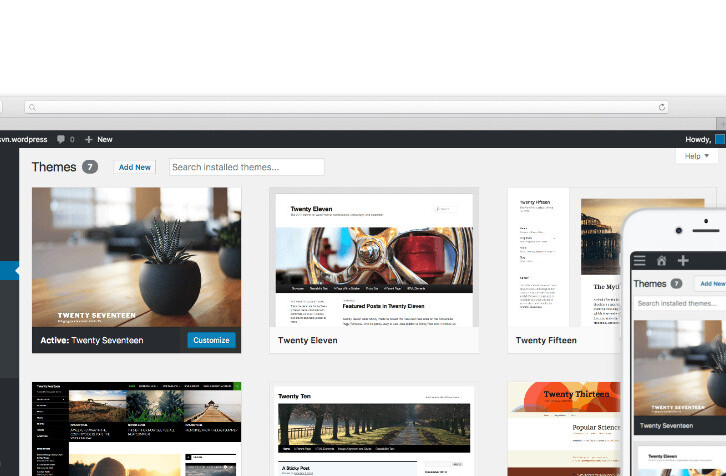
![]()
The open source blogging platform WordPress has different permissions and capabilities assigned for users on the blog to manage their roles and responsibilities.
Here is an overview of the default role management on WordPress,
- Administrator – Somebody who has access to all the administration features
- Editor – Somebody who can publish posts, manage posts as well as manage other people’s posts, etc.
- Author – Somebody who can publish and manage their own posts
- Contributor – Somebody who can write and manage their posts but not publish posts
- Subscriber – Somebody who can read comments/comment/receive news letters, etc.
These roles are pre-defined by default and don’t include any options for changing the default permissions or capability settings.
One drawback I personally feel is that the Contributor on the blog is not given access to upload media (image, flash and video) via the WYSIWYG editor. Thus Contributors have to use other services like ‘flickr’, ‘Picassa’ etc and use the HTML mode for inserting media into a blog post.
Luckily, WordPress is Open Source and highly customizable. Here are a couple of WordPress Plugins which provide the administrator with extensive options to alter the permission and capability settings for users on the blog for enhanced and effective role management.
Adminize

The plugin alters the administration backend and gives you the ability to assign permissions on certain components. Admins can activate/deactivate every part of the menu and even parts of the sub menu.
Features include,
- Certain parts of the write menu can be deactivated separately for admins or non-admins.
- Specific theme can be assigned for each user.
- Write post activation/deactivation options for all users on the site for both blog posts and pages.
- Extensive permission settings for managing categories, links, tags, media library and widgets.
In short, you can activate/deactivate almost every component of WordPress with this plugin.
// Download Adminzie WordPress Plugin
Role Manager
This plugin allows you to change existing set of roles and capabilities, moreover you can assign additional capabilities for each user. It allows you to define and manage multiple subscriber profiles – called Roles and their Capabilities.
You can change every role by just clicking the button adjacent to the corresponding text to turn it on or off. At the bottom of the page you can create new roles with the set of capabilities you desire to assign the user.
// Download Role Manager WordPress Plugin
These plugins are surely worth giving a test try on your site.
Get the TNW newsletter
Get the most important tech news in your inbox each week.





